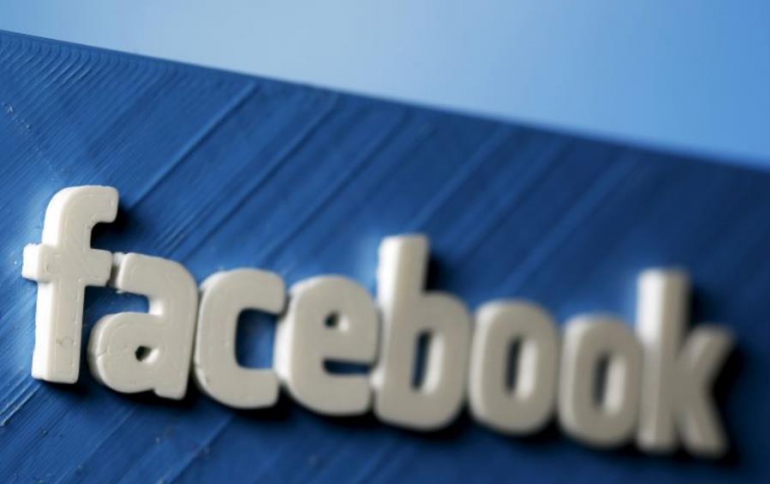
Facebook's Quarterly Profit And Revenue Increased On Mobile Advertising Gains
Facebook reported quarterly profit and revenue as the world's largest social network continues to benefit from its aggressive push into video and advertisers push to reach consumers on mobile phones.
Facebook said that its mobile advertising revenue represented approximately 84% of advertising revenue of $8.63 billion for the fourth quarter of 2016, up from approximately 80% of advertising revenue in the fourth quarter of 2015.
Facebook said mobile daily active users rose 23 percent to 1.15 billion. About 90 percent of Facebook's users access the network through mobile devices.
For the full 2016, Facebook's daily active users (DAUs) were 1.23 billion on average for December 2016, an increase of 18% year-over-year. Mobile DAUs were 1.15 billion on average for December 2016, an increase of 23% year-over-year.
"Our mission to connect the world is more important now than ever," said Mark Zuckerberg, Facebook founder and CEO. "Our business did well in 2016, but we have a lot of work ahead to help bring people together."
Apart from the core Facebook network, the company's photo-sharing app Instagram and messaging service Whatsapp also have a huge user base.
$500 Million loss In Virtual Reality Headset Verdict
Oculus, the virtual reality headset maker that Facebook Inc. bought in 2014 for $2 billion used stolen computer code, a jury said in awarding $500 million to ZeniMax Media Inc.
An Oculus spokeswoman said the company will appeal.
ZeniMax claimed it was responsible for key breakthroughs in the development of software and hardware for the Oculus Rift headset, only to be betrayed when one of its star employees joined with two other entrepreneurs and purloined ZeniMax's intellectual property for their own startup, Oculus VR.
The case centered around the defection of video-game programmer John Carmack from ZeniMax, where he had designed blockbuster games Doom and Quake, to Oculus, where he was named chief technology officer in 2013. He acknowledged in testimony that he took with him e-mail records including computer code related to virtual reality.
While the jury rejected trade-secret theft claims, it ordered Oculus to pay $200 million for violating a non-disclosure agreement, $50 million for copyright infringement and $50 million for improper use of ZeniMax's trademarks. Jurors also hit Oculus's co-founders, Brendan Iribe and Palmer Luckey, with $150 million and $50 million in damages, respectively, for the trademark misuse.





















